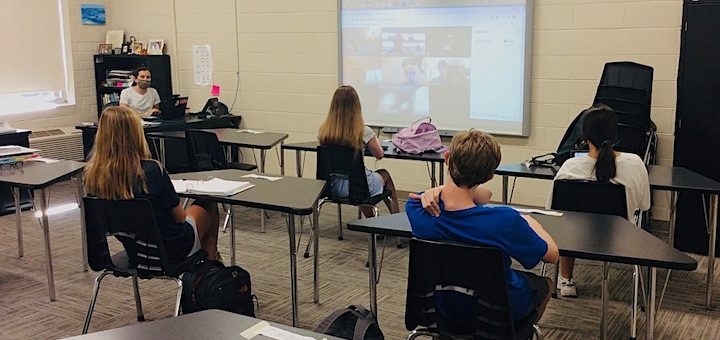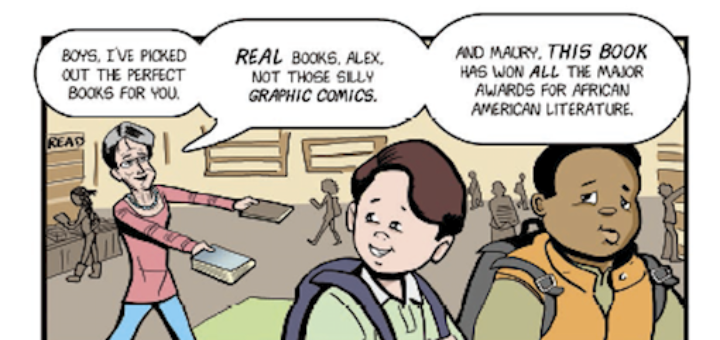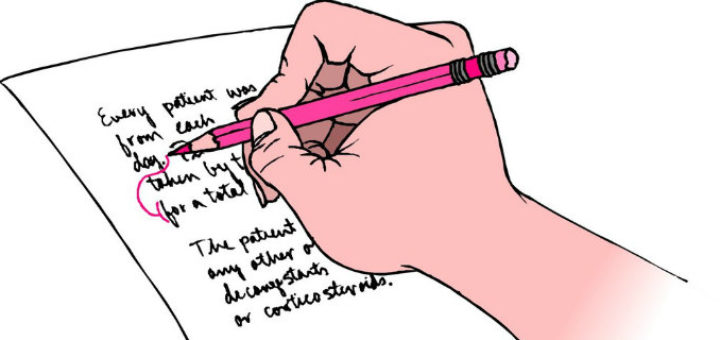Category: It’s Not Easy Being Tween
As middle graders face increased responsibility and learning challenges in virtual, hybrid and distanced classrooms, grade 6 teacher Cheryl Mizerny offers strategies in 3 key areas: supporting their need for organization, adapting our methods, and modifying our curriculum.
Millions of teachers are facing multiple professional and health challenges. Cheryl Mizerny reflects on the existential threat of Covid-19, the pedagogic and personal demands of sustaining hybrid classrooms, and how administrators, parents, and society can reduce the stress.
Amid global fear and incredible teaching and learning challenges generated by the pandemic, Cheryl Mizerny has decided to take Mr. Rogers’ advice and look for the helpers. Here’s her list of six ‘silver linings’ she’s discovered as her school supports “virtual” students.
Racial “microaggressions” do harm to students’ self-image and health, says teacher Cheryl Mizerny, who has spent a decade studying this common teacher behavior and how to avoid it. Learn ways to recognize these often unintentional slights and better support all students.
Every child has assets and the potential to develop even more. By focusing on what’s right with our students through Strengths-Based Teaching, we help them gain authentic self-esteem and a genuine growth mindset. Teacher Cheryl Mizerny shares her own classroom strategies.
Fred Rogers is the embodiment of what Cheryl Mizerny considers the ideal educator. This year her school is celebrating the teachings of Mr. Roger’s Neighborhood as it focuses on “Community.” She shares her 6th grade classroom takeaways inspired by America’s most-beloved neighbor.
Teaching about empathy, boundaries, and consent needs to begin in middle school if not before, writes teacher leader Cheryl Mizerny. She talks us through the problems and suggests age-appropriate approaches. Her resources include RAINN network and Laurie Halse Anderson.
Even if we don’t yet teach in a grade-less utopia, there are steps teachers can take to become more accurate and equitable in our grading policies. Cheryl Mizerny shares steps toward fairer grading: eliminate zeroes, avoid extra points, don’t grade homework, and more.
There’s lots to know about the art of assessment, writes master teacher Cheryl Mizerny, but the main goal is to provide opportunities for all kids to show their understanding to the best of their ability. Her before, during, and after assessment tips can make things fair.
Formative assessment can be fun. Yes, FUN, writes teacher Cheryl Mizerny. How to turn all those frequent checks for understanding into activities students can enjoy? Cheryl shares her go-to’s, both tech enhanced and tech free. Why not give Incredible Shrinking Text a try?

























